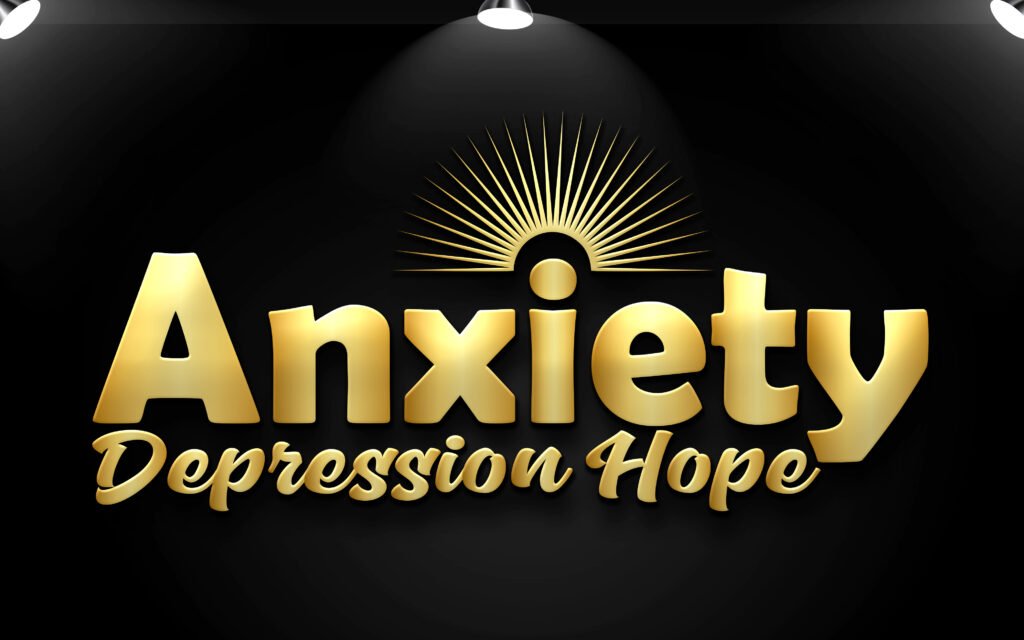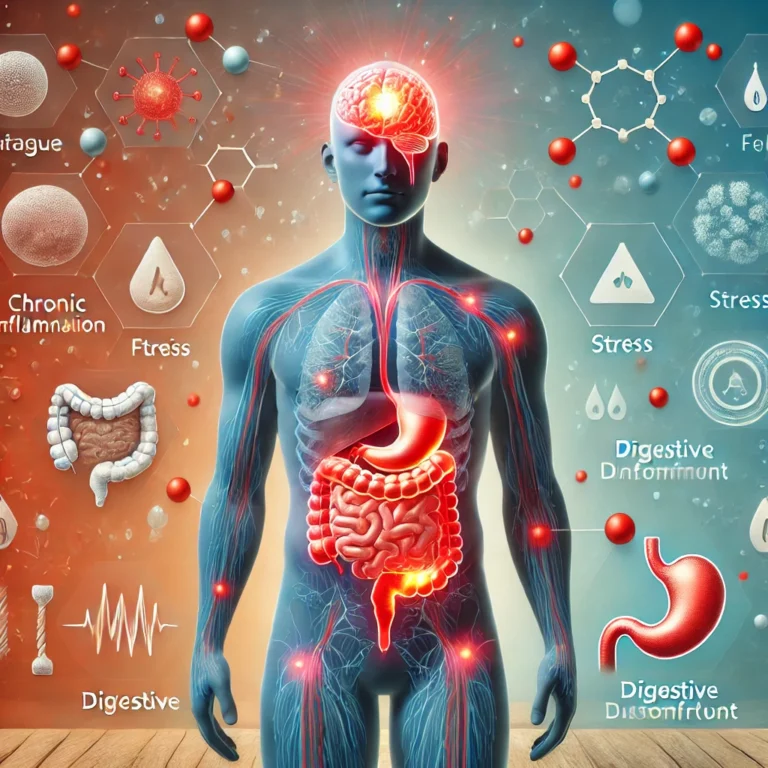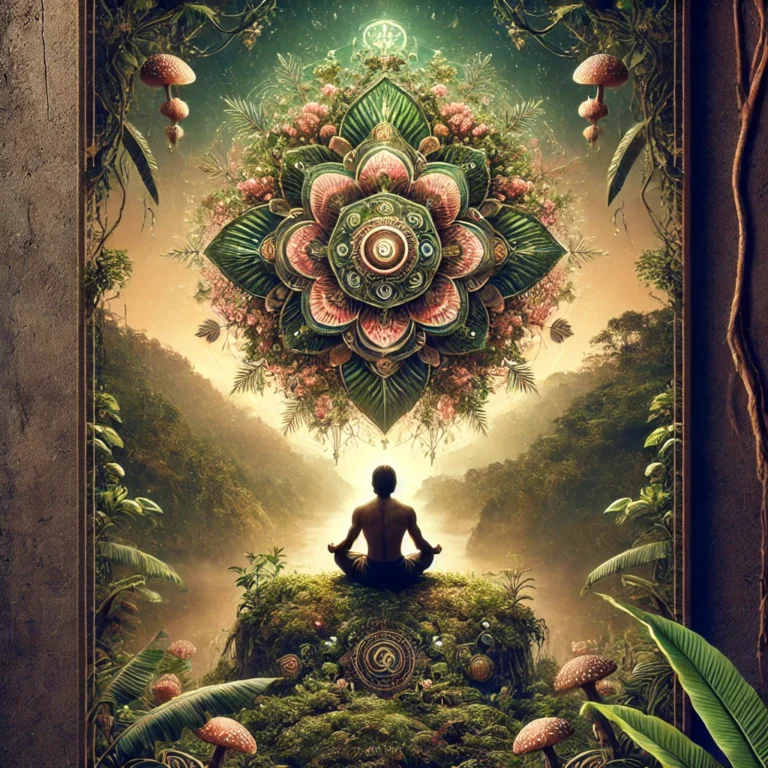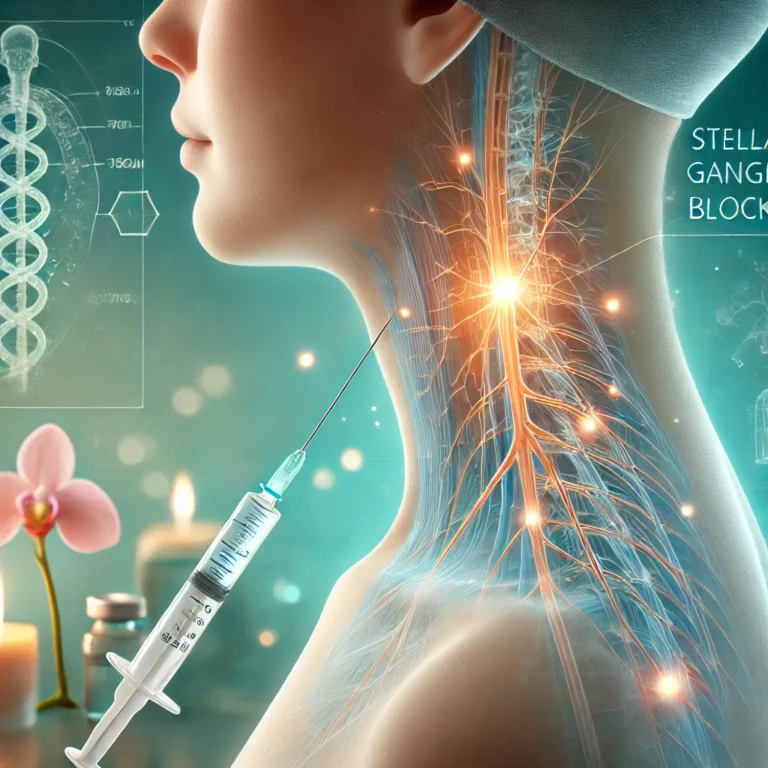Herbs and Psychedelics: New Hope for Anxiety and Depression

Understanding Anxiety and Depression
Anxiety and depression are two prevalent mental health disorders that affect millions of individuals worldwide. Anxiety is characterized by excessive worry, fear, or apprehension, often accompanied by physical symptoms such as increased heart rate and muscle tension. Common anxiety disorders include generalized anxiety disorder, panic disorder, and social anxiety disorder. Conversely, depression is viewed as a persistent feeling of sadness or loss of interest accompanied by a range of emotional and physical symptoms, including fatigue, changes in appetite, and feelings of hopelessness. The coexistence of these disorders is also common, leading to a complex interrelationship that can exacerbate an individual’s overall mental health condition.
The prevalence of anxiety and depression is alarming, with studies indicating that a significant percentage of the global population experiences these conditions at some point in their lives. According to the World Health Organization, more than 264 million people suffer from depression, while anxiety disorders affect over 300 million individuals globally. Despite the growing awareness and recognition of these mental health issues, the current treatment landscape often falls short of addressing the needs of affected individuals.
Traditional treatment approaches typically consist of psychotherapy, medication, or a combination of both. Psychotherapeutic interventions, such as cognitive-behavioral therapy (CBT), have proven effective in many cases, providing individuals with strategies to cope with their symptoms. Medications, particularly selective serotonin reuptake inhibitors (SSRIs), are commonly prescribed to help regulate mood and anxiety levels. However, these conventional treatments are not without limitations, often resulting in undesirable side effects and suboptimal outcomes for some patients.
Given the increasing rates of anxiety and depression, there is a growing necessity to explore alternative remedies. The limitations of traditional methods underscore the need for innovative solutions that can offer relief to those who suffer from these debilitating mental health disorders.
The Role of Herbs in Mental Health
Herbs have long been considered a vital aspect of traditional medicine, with various species known to possess properties that may help alleviate symptoms associated with anxiety and depression. St. John’s Wort, for instance, has gained attention for its potential effectiveness in treating mild to moderate depression. The active compounds in St. John’s Wort, such as hypericin and hyperforin, are believed to influence serotonin levels and other neurotransmitters in the brain. Several clinical studies have indicated that it can provide benefits comparable to conventional antidepressants, albeit with a lower risk of side effects.
Ashwagandha, another herb gaining popularity, is recognized for its adaptogenic qualities that help the body cope with stress. Research suggests that Ashwagandha may regulate cortisol levels and foster a sense of calm, thereby reducing symptoms of anxiety. While it has been associated with numerous health benefits, potential side effects can include digestive upset or drowsiness, particularly when taken in high doses. As such, it’s crucial for individuals to consult healthcare providers before starting any new herbal regimen.
Lavender, well-known for its aromatic properties, offers more than just a pleasant scent; it may also play a role in mental health. Studies have shown that lavender oil can alleviate anxiety and improve sleep quality. The calming effects of lavender are attributed to its ability to impact the limbic system, which governs emotions. However, while generally safe, allergic reactions or headaches can occur in sensitive individuals, highlighting the importance of moderation and personal tolerance.
The integration of these herbs with traditional treatment approaches offers a holistic avenue for individuals seeking relief from anxiety and depression. Understanding their mechanisms, clinical support, and side effects provides valuable knowledge for anyone considering these natural options as complementary therapies.
Psychedelics and Their Therapeutic Potential
The recent resurgence of interest in psychedelics as treatments for various mental health conditions marks a notable shift in therapeutic practices. Substances such as Psilocybin, MDMA, and Ayahuasca have garnered attention for their potential efficacy in alleviating symptoms of anxiety and depression. Psilocybin, the psychoactive compound found in certain mushrooms, works by facilitating profound psychological experiences that can lead to significant emotional breakthroughs. Studies reveal that when used in controlled settings, Psilocybin can enhance emotional processing and foster connectedness, thereby leading to lasting improvements in mood and mindset.
MDMA, widely recognized for its empathogenic properties, has shown promise in therapy, particularly for individuals with post-traumatic stress disorder (PTSD). Clinical trials have demonstrated that MDMA can help reduce the emotional arousal associated with traumatic memories, allowing patients to confront and process their experiences more effectively. The positive outcomes from these trials suggest that MDMA-assisted psychotherapy may be a valuable tool in treating not just PTSD, but anxiety and depression as well.
Ayahuasca, a traditional Amazonian brew, combines different plants to create a powerful psychoactive experience. It has sparked interest among researchers due to anecdotal evidence suggesting its effectiveness in reducing symptoms of anxiety and depression. Current studies indicate that Ayahuasca can promote psychological insights, emotional catharsis, and lasting behavioral changes, contributing to the overall mental well-being of individuals who consume it.
Despite these promising findings, the societal stigma and legal barriers surrounding psychedelics continue to challenge their integration into mainstream mental health treatment. Increasing numbers of clinical trials and case studies contribute to a growing body of evidence supporting their therapeutic value, but further research is crucial for overcoming hesitancy within both the public and healthcare communities. As healing modalities evolve, it is essential to consider the role psychedelics could play in reshaping treatments for anxiety and depression.
Integrating Herbs and Psychedelics into Mental Health Treatment
Integrating herbs and psychedelics into mental health treatment requires a thoughtful and cautious approach. First and foremost, individuals should seek professional guidance before introducing any new treatment modalities. This ensures that the chosen remedies align with a comprehensive mental health plan and that compatibility with existing medications is established. A licensed healthcare provider can offer valuable insights into safe dosages and effective preparation methods tailored to each patient’s needs.
Understanding the appropriate dosages of herbs and psychedelics is crucial. Many natural remedies, such as St. John’s Wort or valerian root, have specific dosage guidelines which should be followed to ensure therapeutic effectiveness while minimizing potential side effects. Similarly, psychedelics like psilocybin or LSD should be administered with caution, respecting both the mental state of the individual and the legal restrictions that may apply. Proper preparation methods, including dosage measurement and purging of impurities, are vital to avoid adverse reactions.
Personal health conditions also play a significant role in determining the effectiveness of herbs and psychedelics. Individuals with pre-existing mental health disorders, such as bipolar disorder or schizophrenia, may experience exacerbated symptoms when engaging with these substances. Thus, a thorough assessment of one’s health history is essential. Additionally, awareness of potential interactions with other medications is imperative to prevent unforeseen complications.
A holistic approach to mental health care that includes lifestyle changes, therapy, and strong support systems enhances the overall effectiveness of integrating herbs and psychedelics. Incorporating practices such as mindfulness, physical activity, and nutrition can synergistically improve emotional well-being. Building a robust support network, such as counseling, support groups, or family involvement, can further facilitate recovery processes. In doing so, individuals may uncover new pathways to healing and improved mental health.






